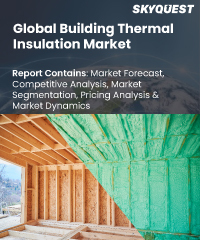
Product ID: SQMIG15F2118
Report ID:
SQMIG15F2118 |
Region:
Global |
Published Date: February, 2024
Pages:
157
|
Tables:
90 |
Figures:
76
We respect your privacy rights and safeguard your personal information. We prevent the disclosure of personal information to third parties.

Product ID: SQMIG15F2118